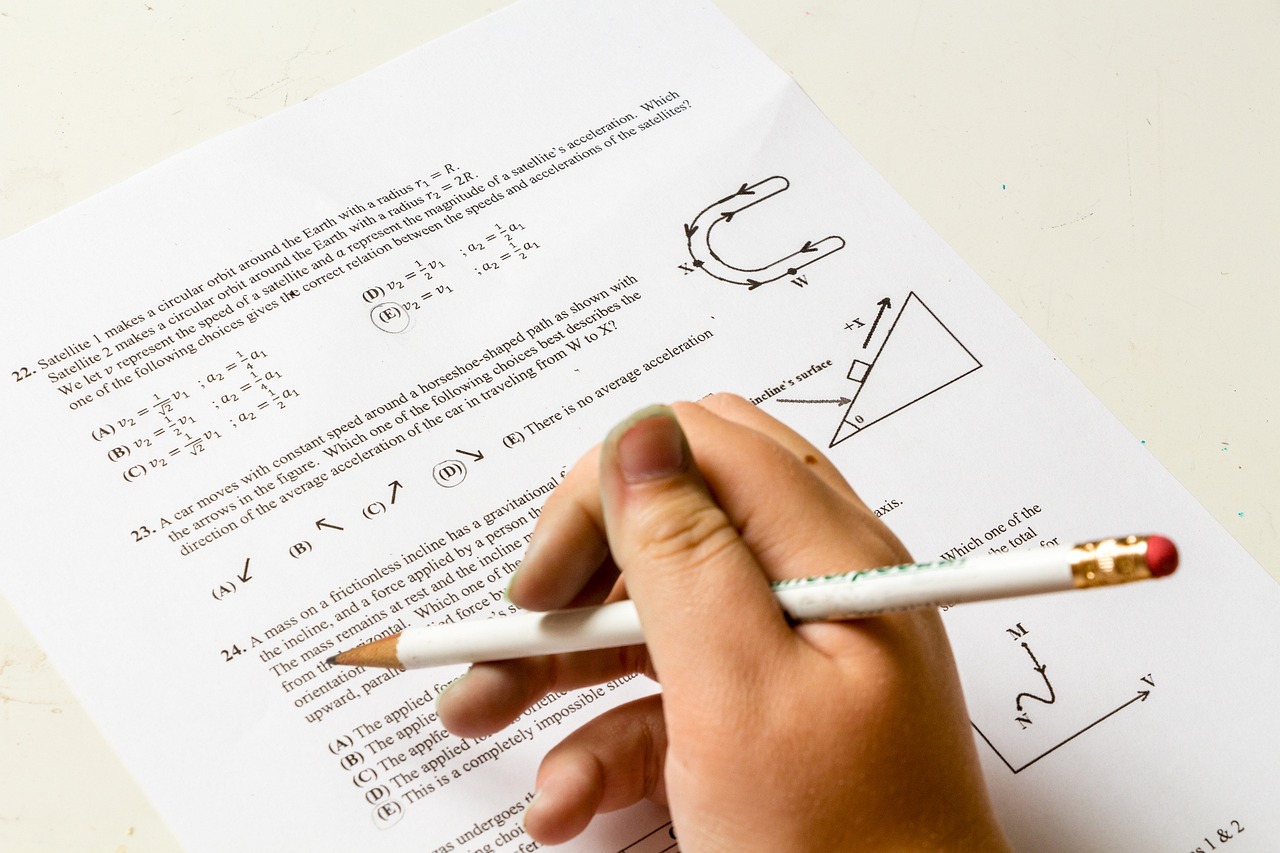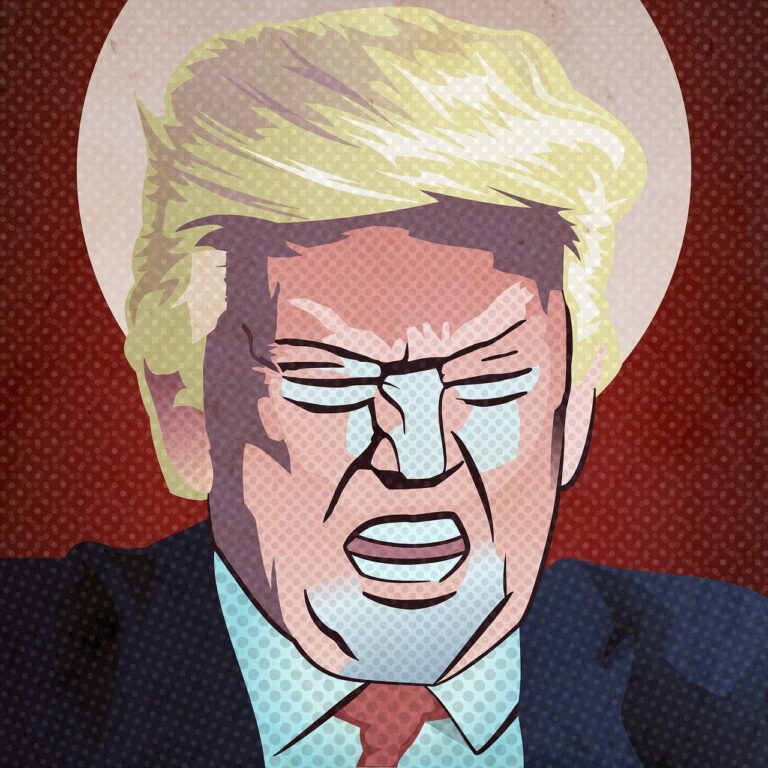
New Delhi: The Centre today introduced a Bill in the Lok Sabha titled “The Public Examinations (Prevention of Unfair Means) Bill, 2024” to curb leaks, cheating and organized malpractices in recruitment examinations as well as entrance tests.
The Bill is aimed at preventing organised gangs and institutions that are involved in unfair means for monetary gains, but it protects candidates from its provisions. It proposes a punishment of a minimum of three to five years of imprisonment to curb cheating and those involved in organised crimes of cheating will face five to 10 years of imprisonment and a minimum fine of Rs 1 crore.
The Bill was introduced in the House by the Union Minister of State (Independent Charge) Science & Technology; MoS PMO, Personnel, Public Grievances, Pensions, Atomic Energy and Space, Dr Jitendra Singh.
“Prevention of Unfair Means Bill, 2024” will also cover entrance examinations held by the Union Public Service Commission, the Staff Selection Commission, the Railways, banking recruitment examinations and all computer-based examinations conducted by the National Testing Agency,as well as entrance tests such as the National Eligibility Entrance Test (Undergraduate) or NEET, Joint Entrance Examination (JEE), and the Common University Entrance Test (CUET).
Dr. Singh said that at present there was no specific substantive law at the national level to deal with unfair means adopted or offences committed by persons, organized groups, or any other agency/organization that adversely impacts the conduct of Public Examinations by Central Government and its agencies.
“Therefore, it is imperative that the elements both within and outside the examination systems, that exploit these vulnerabilities are identified and effectively dealt with by way of a comprehensive Central legislation. There is a need to prevent such criminal elements from playing with the lives and hopes of genuine and sincere youths who appear in these examinations,” he said.
Given many examinations being conducted online and the increasing role of technology in the conduct of public examinations, Dr Singh said, it has also been decided to set up a High-level National Technical Committee on Public Examinations which shall look into developing protocol for insulating digital platforms, devising ways and means for developing foolproof IT security system, ensuring comprehensive electronic surveillance of the examinations centres and formulating national standards and service levels for both, IT and physical infrastructure, to be deployed for conduct of such examinations.
– global bihari bureau






I hope and pray, a stage doesn’t come, requiring a bill to be moved, for visiting the wash room or visiting a court or even coughing or yoning in a court